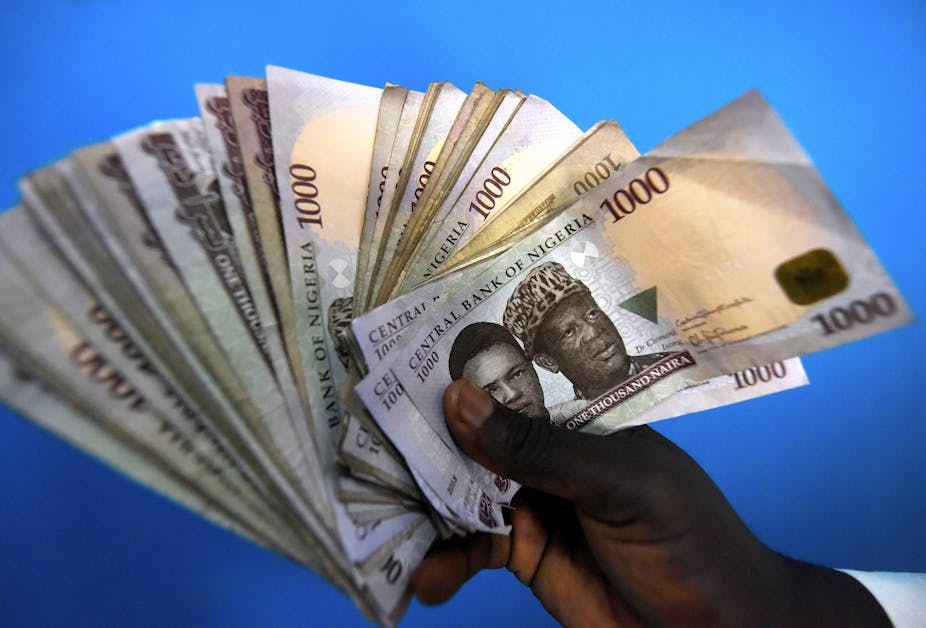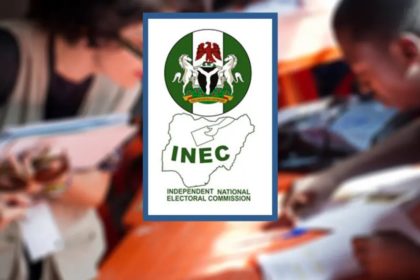By Adeyemi Adekunle
The Nigerian naira is forecasted to depreciate further in 2025, with its weighted fair value projected at N1,804.45 per dollar, as the volatility in the foreign exchange market persists. This projection is contained in a report by Afrinvest, a Lagos-based investment and research firm, titled Beyond The Rhetorics: Transforming Reforms to Tangibles.
According to Afrinvest, Nigeria’s foreign reserves have risen above $40 billion, but the report predicts that exchange rate volatility will continue, albeit at a slower pace.
“Our prognosis is hinged on the belief that the Central Bank of Nigeria (CBN) would be constrained from adequately meeting market demand on a sustained basis, as the recent FX reserves accretion were largely driven by inflows from inorganic sources, including those with stringent conditions on usability,” the report stated.
The federal government’s 2025 budget assumes a more optimistic exchange rate of N1,400 to the dollar. However, analysts warn that the disparity between market realities and fiscal assumptions could present significant challenges.
The naira has experienced a tumultuous 2024, plunging to almost N2,000 against the dollar on the parallel market in February and trading at approximately N1,700 in the official window. The steep decline followed radical reforms, including the currency’s flotation and two devaluations, which together eroded over 40 percent of its value this year.
Despite these challenges, the naira closed on a relatively positive note at the end of the week, strengthening from N1,548.40 per dollar before Christmas to N1,534 per dollar on Friday, December 27, according to FMDQ Securities data. This marginal rebound comes in the wake of the FX BMatch system, introduced in October, which restored some stability and transparency to the market.
Economists have noted that sustained implementation of the Exporters’ and Investors’ FX Market System (EFEMS) and an expansion of net reserves could help ease pressure on the naira. The Afrinvest report also highlighted the potential for appreciation if Nigeria experiences increased inflows and liquidity from key sectors.
“Notwithstanding, we do not rule out the possibility of a significant rebound in the naira, especially if accretion from organic sources—crude oil and non-crude oil exports, foreign capital flows, and diaspora remittances—takes a significant leap,” the report stated.
The performance of the naira in recent times reflects the delicate balance between government policies and external economic factors. While the introduction of market-driven reforms has restored some transparency, it has also exposed vulnerabilities, including the country’s heavy reliance on external inflows to stabilize the currency.
The outlook for 2025 remains mixed. While Afrinvest projects further depreciation, the potential for recovery exists if Nigeria can unlock higher foreign exchange inflows through improved crude oil production, increased remittances, and foreign investments. Achieving this, however, requires sustained reforms and strategic fiscal management to align market realities with policy objectives.




